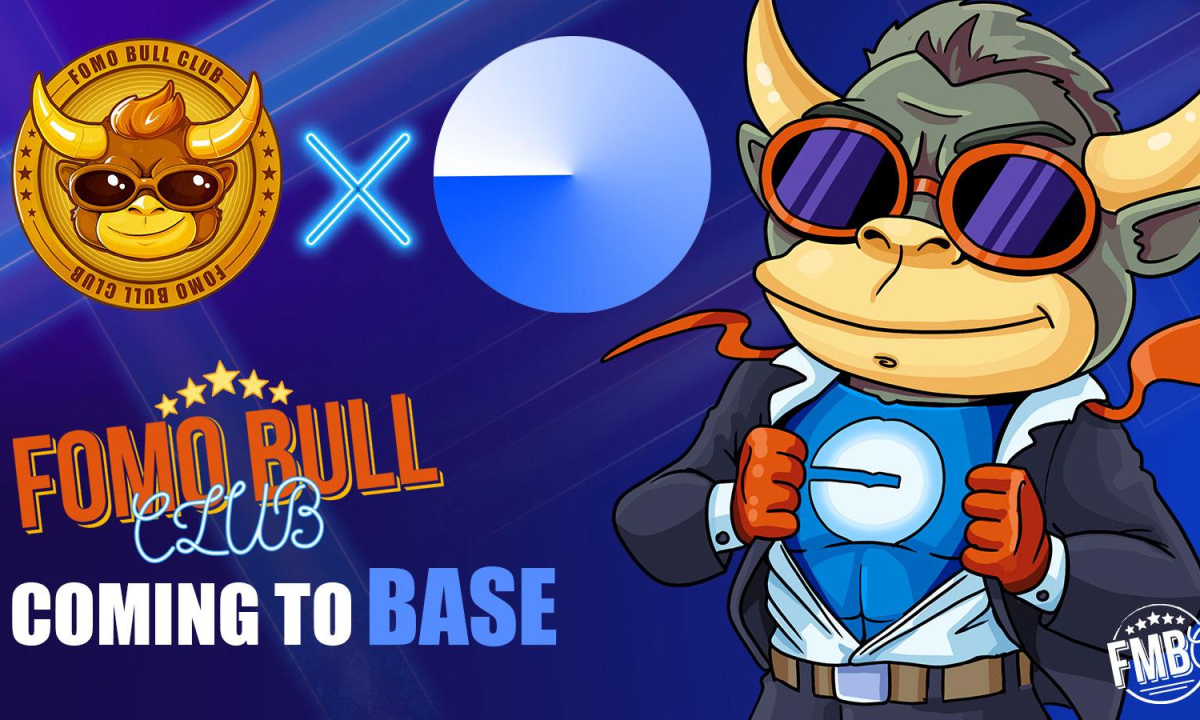Over the past few months, you have probably heard something about an mobile application called FaceApp. This app blew up all over social media so if you haven’t heard about it, not only am I really surprised but here’s a quick recap.
FaceApp is a Russian developed mobile app from Wireless Lab which allowed people to take photos of themselves and make themselves look old, young or as the opposite gender. Like all popular internet tends, FaceApp brought up a lot of controversy in regards to users who uploaded their selfies for editing.
Thanks to Artificial Intelligence, FaceApp can edit user’s images that they upload to the application. The app only became mainstream popular this year despite being released since 2017.
Faceapp has denied selling or sharing data from users without permission though. Going off an article from CoinTelegraph, as it states in the fifth section of Faceapp’s terms of use, you give the Russian application the right to do whatever they want with images you upload to the site.
“You grant FaceApp a perpetual, irrevocable, nonexclusive, royalty-free, worldwide, fully-paid, transferable sub-licensable license to use, reproduce, modify, adapt, publish, translate, create derivative works from, distribute, publicly perform and display your User Content and any name, username or likeness provided in connection with your User Content in all media formats and channels now known or later developed, without compensation to you.”
Blockchain
So where are we going with this and what does it have to do with blockchain?
Well, a couple of experts were asked whether blockchain-based dApp could be much better for user privacy and security. Here are a few of their responses:
CEO of Muckr.AI and board member of Blockchain for Impact at the United Nations General Assembly, Susan Oh said:
“Oh, for sure DApps can be better for privacy and security — if they work, and they work for more than 50 people at a time! Scaling vs. security is a classic dilemma. Privacy vs. security is the other one. My question would be: Why does the world need another app/DApp? Why aren't you building infrastructure and interoperability toward intelligent decentralization, personal agency and transparency?
I guess DApps could in an ideal world — but honestly, I'm not seeing useful things work in a decentralized way as much as I'd like.”
Board member at NYU Blockchain, Timothy Paolini said:
Investment Disclaimer“Blockchains are built around the principles of decentralization, removing the single point of failure risk (think Equifax servers) and cutting out unnecessary third parties by establishing a more direct, peer-to-peer network. This also maintains your privacy and control of your data from third-party apps as data rests at the protocol instead of the application layer.
For something like FaceApp, this means you could temporarily grant access to your photo stored on the blockchain in order to use its fun filters, but FaceApp wouldn't be able to maintain a copy”








